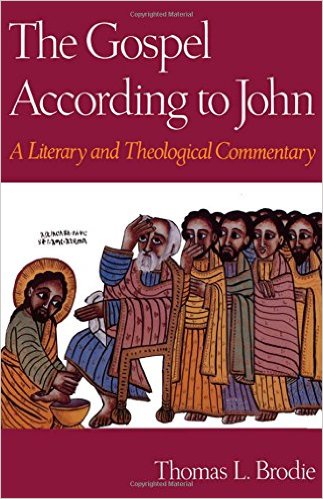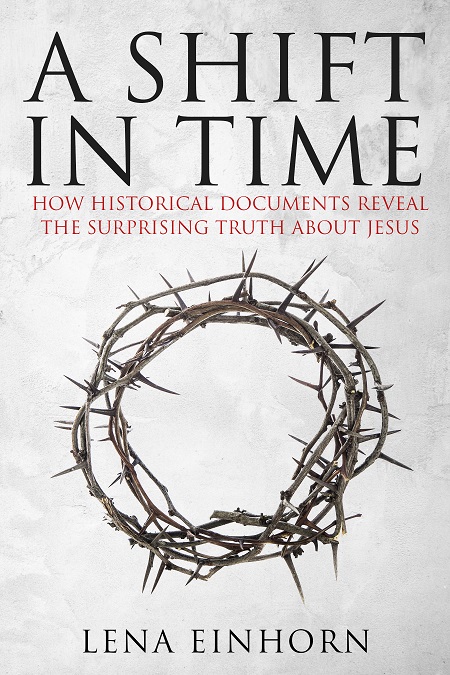 Here’s a little comment I just left at another discussion forum. Thought it might be of interest to a few readers here.
Here’s a little comment I just left at another discussion forum. Thought it might be of interest to a few readers here.
The question being addressed is, Did Jesus Baptise people?
The passage under discussion is John 3.22-4.3
[22]After this Jesus and his disciples went into the land of Judea; there he remained with them and baptized.
[23] John also was baptizing at Ae’non near Salim, because there was much water there; and people came and were baptized.
[24] For John had not yet been put in prison.
[25]Now a discussion arose between John’s disciples and a Jew over purifying.
[26] And they came to John, and said to him, “Rabbi, he who was with you beyond the Jordan, to whom you bore witness, here he is, baptizing, and all are going to him.”
[27] John answered, “No one can receive anything except what is given him from heaven.
[28] You yourselves bear me witness, that I said, I am not the Christ, but I have been sent before him.
[29] He who has the bride is the bridegroom; the friend of the bridegroom, who stands and hears him, rejoices greatly at the bridegroom’s voice; therefore this joy of mine is now full.
[30] He must increase, but I must decrease.”
[31] He who comes from above is above all; he who is of the earth belongs to the earth, and of the earth he speaks; he who comes from heaven is above all.
[32] He bears witness to what he has seen and heard, yet no one receives his testimony;
[33] he who receives his testimony sets his seal to this, that God is true.
[34] For he whom God has sent utters the words of God, for it is not by measure that he gives the Spirit;
[35] the Father loves the Son, and has given all things into his hand.
[36] He who believes in the Son has eternal life; he who does not obey the Son shall not see life, but the wrath of God rests upon him.
[John 4:1]
Now when the Lord knew that the Pharisees had heard that Jesus was making and baptizing more disciples than John
[2] (although Jesus himself did not baptize, but only his disciples),
[3] he left Judea and departed again to Galilee.
John 4:2 stands as a gauche contradiction to 3:22 — hence the question: Did Jesus himself baptize?
My response was to toss in an interpretation from the left field. It’s from Thomas L. Brodie’s commentary on John. His proposed interpretation references other passages, in particular the following:
John 1:33
And I knew him not: but he that sent me to baptize with water, he said unto me, Upon whomsoever thou shalt see the Spirit descending, and abiding upon him, the same is he that baptizeth with the Holy Spirit.
John 4:3-7
he left Judea and departed again to Galilee. He had to pass through Samaria. So he came to a city of Samaria, called Sychar, near the field that Jacob gave to his son Joseph. Jacob’s well was there, and so Jesus, wearied as he was with his journey, sat down beside the well. It was about the sixth hour.
There came a woman of Samaria to draw water. Jesus said to her, “Give me a drink.”
It is commonplace for scholarly interpreters to say that John 4:2 (explaining that Jesus did not baptize after all) is a later editorial insertion. A maverick view comes from Thomas Brodie who has a quite different perspective. Continue reading “Did Jesus Really Baptize — and If So, How?”






